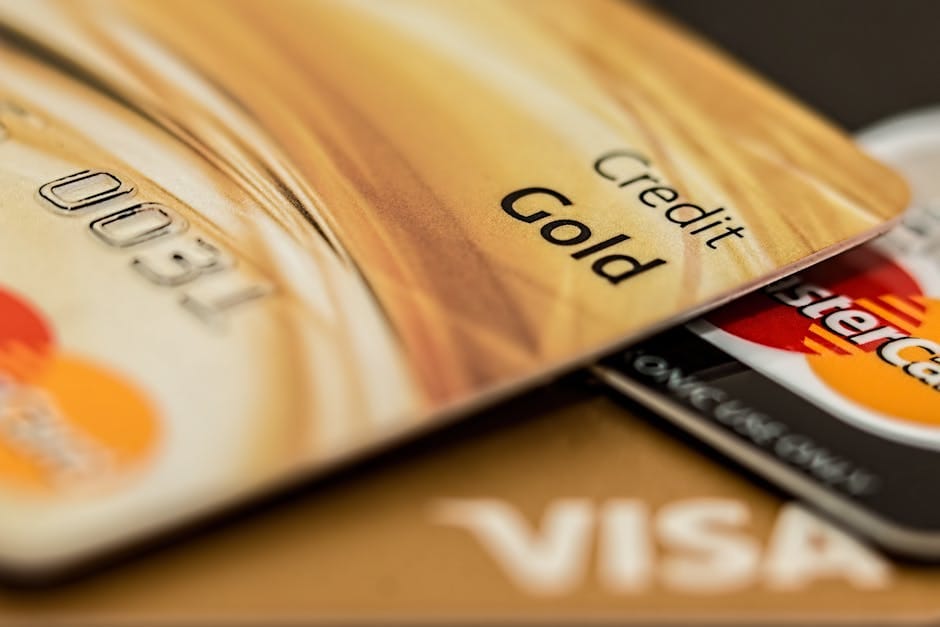If you've ever applied for a loan, a credit card, or even an apartment, you've probably heard the term "credit score." But do you really understand what it is and how it works? If not, you're not alone. In fact, a recent survey found that only about half of Americans can correctly define a credit score.
**So, what is a credit score?**
Simply put, your credit score is a number that lenders use to assess your creditworthiness. It's based on information from your credit report, which includes your payment history, the amount of debt you have, the length of your credit history, and other factors.
**Why is your credit score important?**
Your credit score is important because it can affect your ability to get approved for loans and other forms of credit. It can also affect the interest rates you pay on loans and credit cards. A higher credit score typically means you'll qualify for lower interest rates and better terms.
**How can you improve your credit score?**
There are a few things you can do to improve your credit score:
* Pay your bills on time, every time. This is the single most important factor in your credit score.
* Keep your credit utilization low. This means using only a small portion of your available credit.
* Don't open too many new credit accounts in a short period of time.
* Dispute any errors on your credit report.
* Build your credit history by using a credit card or getting a loan.
**What's a good credit score?**
A good credit score is generally considered to be 670 or higher. However, the specific score you need to qualify for a loan or credit card will vary depending on the lender.
**What if you have a bad credit score?**
If you have a bad credit score, don't despair. There are steps you can take to improve it. Start by paying your bills on time and reducing your debt. You can also consider getting a credit counseling or debt management plan.
Improving your credit score takes time and effort, but it's worth it. A good credit score can save you money on loans and credit cards, and it can also make it easier to get approved for the things you need.
**Here are some additional tips for improving your credit score:**
* Monitor your credit report regularly. You can get a free copy of your credit report from each of the three major credit bureaus once per year.
* Use a credit monitoring service. This service will notify you of any changes to your credit report, so you can address any problems quickly.
* Get a secured credit card. This type of credit card requires you to put down a security deposit, which is typically equal to the amount of your credit limit.
* Become an authorized user on someone else's credit card. This can help you build your credit history if you don't have any other credit cards.
* Pay down your debt. The less debt you have, the better your credit score will be.

